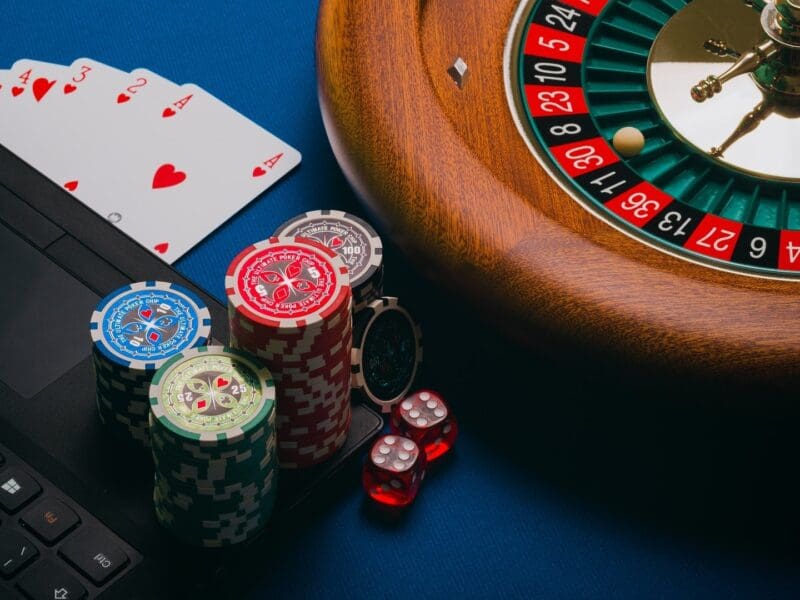
How to Bluff in Online Poker
Poker bluff is a popular poker tactic that every player uses at some point in Poker games. In online poker, it’s used even more frequently because opponents don’t see your face or body language and so they can’t read you as well.
Bluffing in poker can be considered an art. Pulling off the deceit will make you feel satisfied, especially when you take the pot and leave the other players questioning their decision-making.
There are both mental and statistical components to bluffing, including your hand blocking properties and more. But when bluffing backfires, it can put a dent in your stack—and leave you scrambling to make up for losses by winning with less probability than normal.
The question is, when should you try to bluff your way through a hand to win?
Diminished Field
Before you attempt to bluff someone, you should assess the opponents in the game. If you’re trying to bluff one player or a few players, have most of them taken a riskier approach with their hands? Generally, it’s easier to win while bluffing fewer opponents.
Try to get rid of one or two players before ramping up your actions during a hand in poker games as you lay the groundwork for a successful bluff. The fewer people there are, the less likely it is that you’ll be called out for your middling hand.
Your Image as a Player
Even though it’s important to study the field before trying to bluff, you should also be aware of something else—yourself! How have you played through the game so far? Is your game predictable? If you’ve generally folded on weaker hands but played strong ones, other players will pick up on that.
It’s crucial to mix up your tells so that opponents don’t know what you’re planning to do before you do it. If they know what you’re planning before you do it, then bluffs aren’t going to be successful very often.
Composure
In order to pull off a poker straight, you need to act confident. You can’t check-call on the flop and turn and then suddenly bet big on the river. That will make your opponent suspicious, and he won’t believe that you’re serious about your hand.
Also, when you try to bluff a lot of money into the pot and your opponent doesn’t take the bait, it’s time to fold your hand. You can try again later when you have better cards.
Semi-Bluff
When you are playing in person, you can sometimes see physical tells that give away the hand of your opponent—things like an eye twitch or a nervous twitch. But when you play online, there are no physical tells, so it is easier to bluff.
Thus, when playing online poker games, you’ll see a lot more bluffing than in person. The semi-bluff is your best chance at taking the pot because while you might not have the winning hand at the moment, you’ll stand a much better chance at emerging victorious with it than you would if you tried to pull off a bluff with a poor hand.
Committing to the Bluff
You should show off your wins as much as possible. If you bluff your way to a pot, it makes sense to display that hand so the players you’re up against can witness your skill. Just like you want to remember every winning hand your opponents have throughout the game, the players you’re competing against will want to see what you had to earn the pot.
Every hand is part of the larger story of the table. Each player has their own identity they have carefully or recklessly created. Every successful bluff is another addition to your story, and your opponents will remember them.
Playing First
A lot of online Poker Players will think about bluffing way before they are already enmeshed in the situation. Producers in poker matches that are streamed often rig the game with exciting hands to make sure that the player bluffs so that the TV rating is enhanced.
This is not how it works in the real world. Try playing with your hands first and know your basics well before you try to play mind games on the table. Having strict discipline as a player and knowing your game well is a precursor to a successful bluff.







